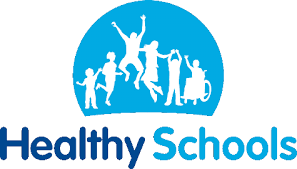Nursery/Pre-School-Chinese New Year
This week in Nursery/Pre-School we have been celebrating Chinese New Year- The year of the horse. The children have really engaged in our chinese restaurant, cooking up some lovely chinese food from our chinese menus. The children have been learning new fine motor skills to help them when using the chopsticks to pick up the chinese foods. Children have also enjoyed creating and decorating chinese lanterns which are on display around our environment.
Year 6: English - Crime and Detective Novels
This week in English, year 6 has begun reading The Curse of The Maya. We have made evidence based predictions after looking at the front cover and reading the blurb.
Year 6: Maths - Percentages
This week year 6 are continuing to consolidate their knowledge of decimals, fractions and percentages.
Reception- Maths- 1 More
The reception classroom buzzed with excitement as the children embarked on a cosmic mathematical journey, focusing on the concept of "one more" for numbers up to 10. Using a vibrant space rocket as their primary tool, the students took turns placing a digit in the rocket's window and then determining the next number in the sequence to launch their craft. It was wonderful to see them move beyond simple counting; they seamlessly retrieved their prior knowledge from previous lessons, demonstrating a solid understanding of how numerical values grow. By physically writing "one more" to the window, the children didn't just recite numbers—they applied their logic to bridge the gap between abstract counting and concrete addition, proving they are ready for even greater mathematical adventures.
Year 4 Computing - Writing an audiobook script
Year 4 have been learning about audiobook in this Computing unit and have been excited to create our very own audiobook! We have worked with a partner on a script this week, delegating different jobs, such as narrators, sound co-ordinators and technicians. Lots of work, but the end result will be worth it!
Year 4 English - Responding to Visual Clues
In English, we have started a new unit and have immersed ourselves in the world of adventure. What better way to do this, than watching visual clues and responding to them appropriately to aid our understanding!
Reception- Music- Teddy Bears Picnic
The Reception children hosted a Teddy Bears’ Picnic during music class this week. The children showcased their hard work by performing the classic song with enthusiastic hand gestures and impressive rhythmic timing. The atmosphere was heartwarming as each child sat proudly on their blanket alongside a "special guest" brought from home—ranging from well-loved, tattered bears to vibrant plush dinosaurs. To wrap up the lesson, the music transitioned into a peaceful background melody while the children shared a snack with their stuffed companions, perfectly blending musical education with a sweet moment of social bonding.
Year 5 PSHE - Life Education Workshop about Friendship
Friendships and Feelings: Year 5 Life Education Workshop Before the half-term holiday, Year 5 received a very special visit from Steven at Coram Life Education for an insightful workshop focused on friendship and emotional health. Our pupils dived deep into how the different parts of our brains can affect our daily behaviour. They also explored the vital differences between being passive, aggressive, or assertive when communicating with others. Through interactive activities, the children practiced new strategies for resolving conflicts and building stronger, more positive friendships. It was a fantastic session that left everyone feeling empowered to navigate their relationships with confidence and kindness!
Year 3 - PSHE - Learning About The Brain
A Special Visit from Harold and Friends! Year 3 had a very exciting visit from Coram Life Education. We were joined by their expert educator and, of course, the star of the show—Harold the Giraffe! The children took part in an interactive workshop called "Meet the Brain," which took them on a fascinating journey inside their own heads. Through fun activities and discussions, the class explored how the brain acts as the "control center" for the entire body.
Year 3 - Safer Internet Day
Year 3 have been absolute Internet Legends as we celebrated Safer Internet Day! Our young digital citizens spent the day exploring how to use the internet for good while keeping themselves and their friends safe. Through interactive games and group discussions, we tackled some big questions about life online.
Year 5 Holy Communion Service
Year 5 Visit St James’ Church for Holy Communion On Tuesday morning, Year 5 visited our church for a special Holy Communion service. It was a wonderful opportunity for the class to gather in worship and reflection. During the service, we were incredibly proud of one of our brave class members who stood at the front to read from the Bible, specifically Exodus 35:21-22. Inspired by the teachings of Paul to the Corinthians—that God loves a cheerful giver—the children also shared heart-felt prayers they had written themselves about the importance of giving cheerfully. It was a moving morning for everyone involved, showcasing the class’s growing confidence and their thoughtful contributions to our church community.
Year 2 Science: Grouping everyday materials based on properties and functions.
Year 2 Material Detectives! Our Year 2 scientists have been busy investigating Everyday Materials this week! The children put their thinking caps on to explore why objects are made from specific materials. We looked at why a plate could be made from plastic, paper and metal but a toy for a baby probably shouldn't be made from glass... What we achieved: Property Experts: We matched materials like wood, plastic, and metal to their uses based on their unique properties. Sorting Stars: We successfully grouped objects by their materials, properties of the materials and functions of the objects. Join in the fun! If you had to build a house out of something from your lunchbox, what would you choose and why? Let us know in the comments! #Year2Science #STEM #PrimaryScience #UKTeachers #MaterialWorld
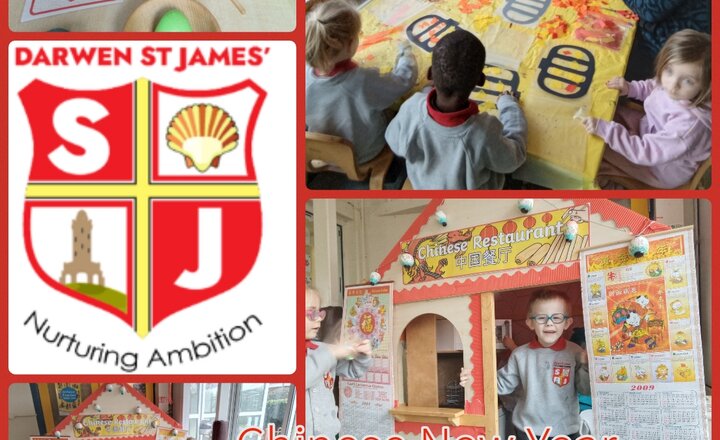
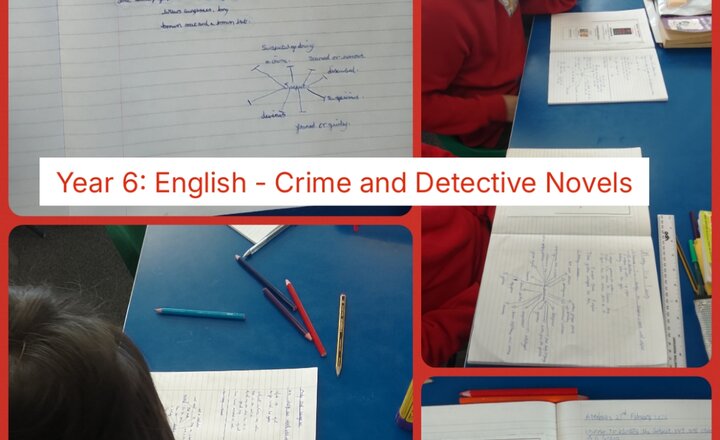
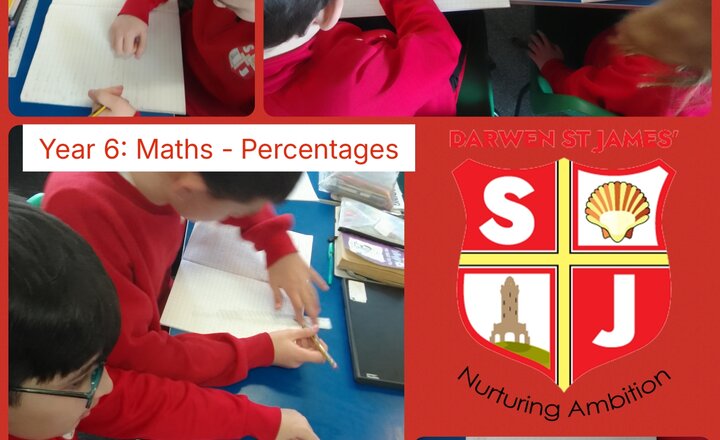
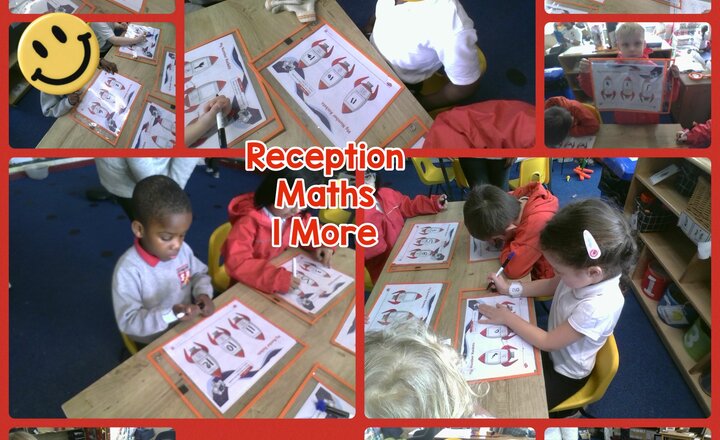
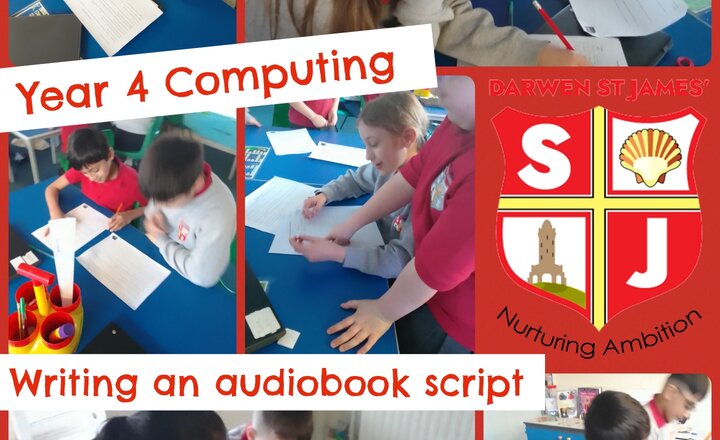
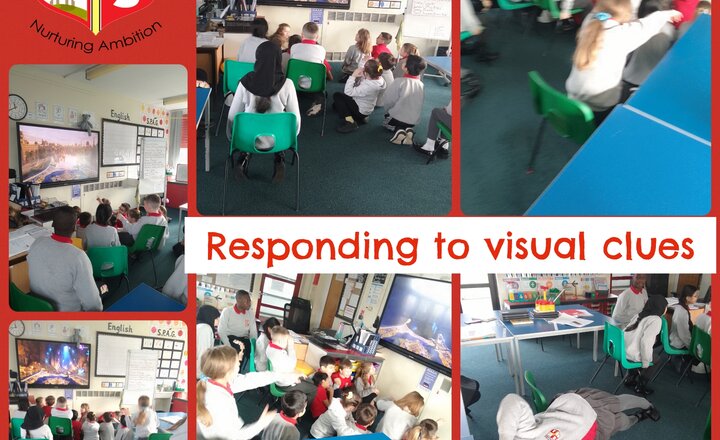
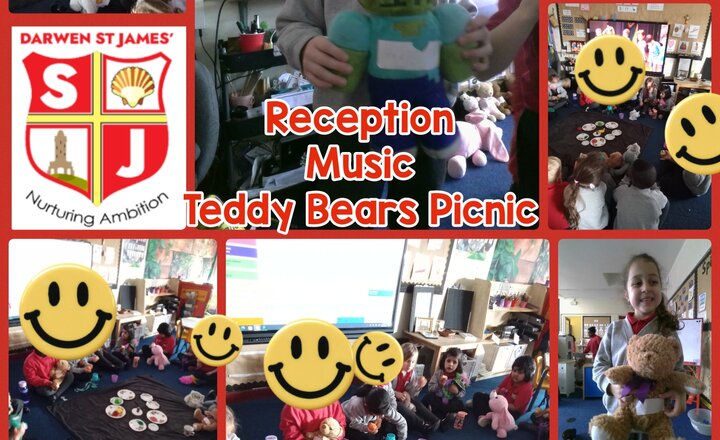
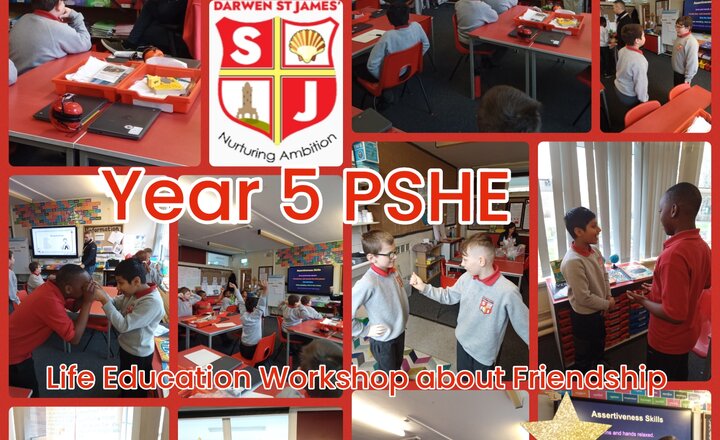
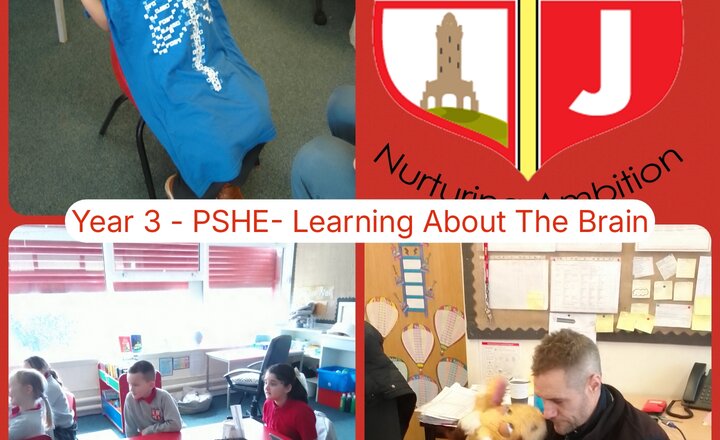
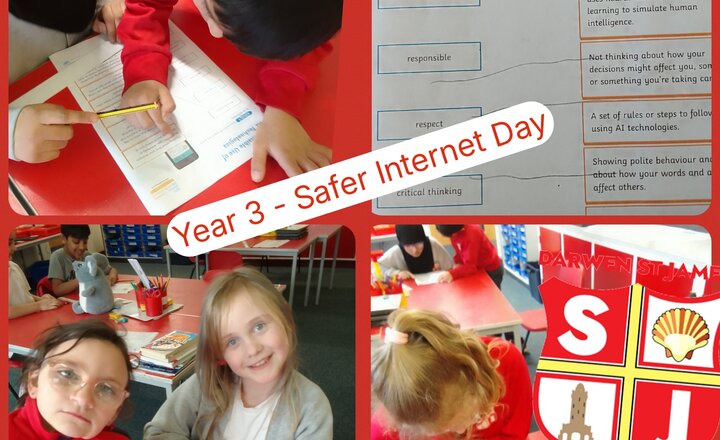
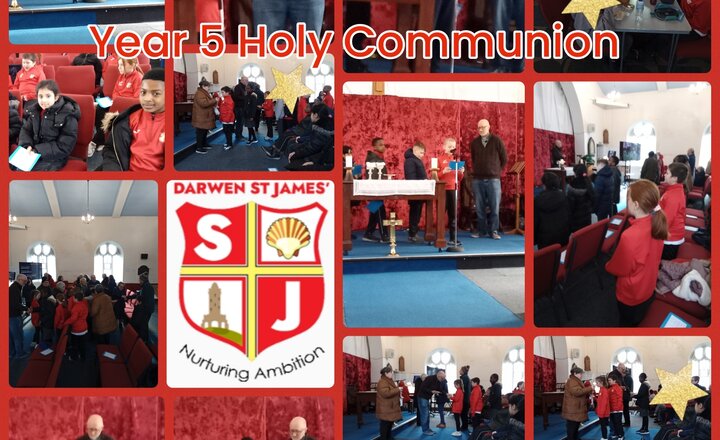
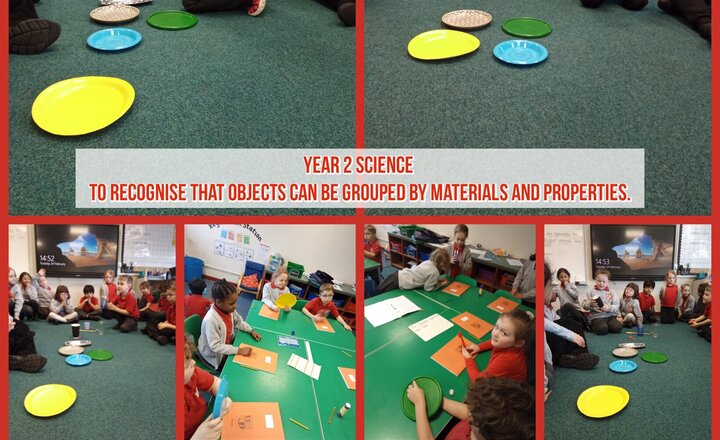
.png)
